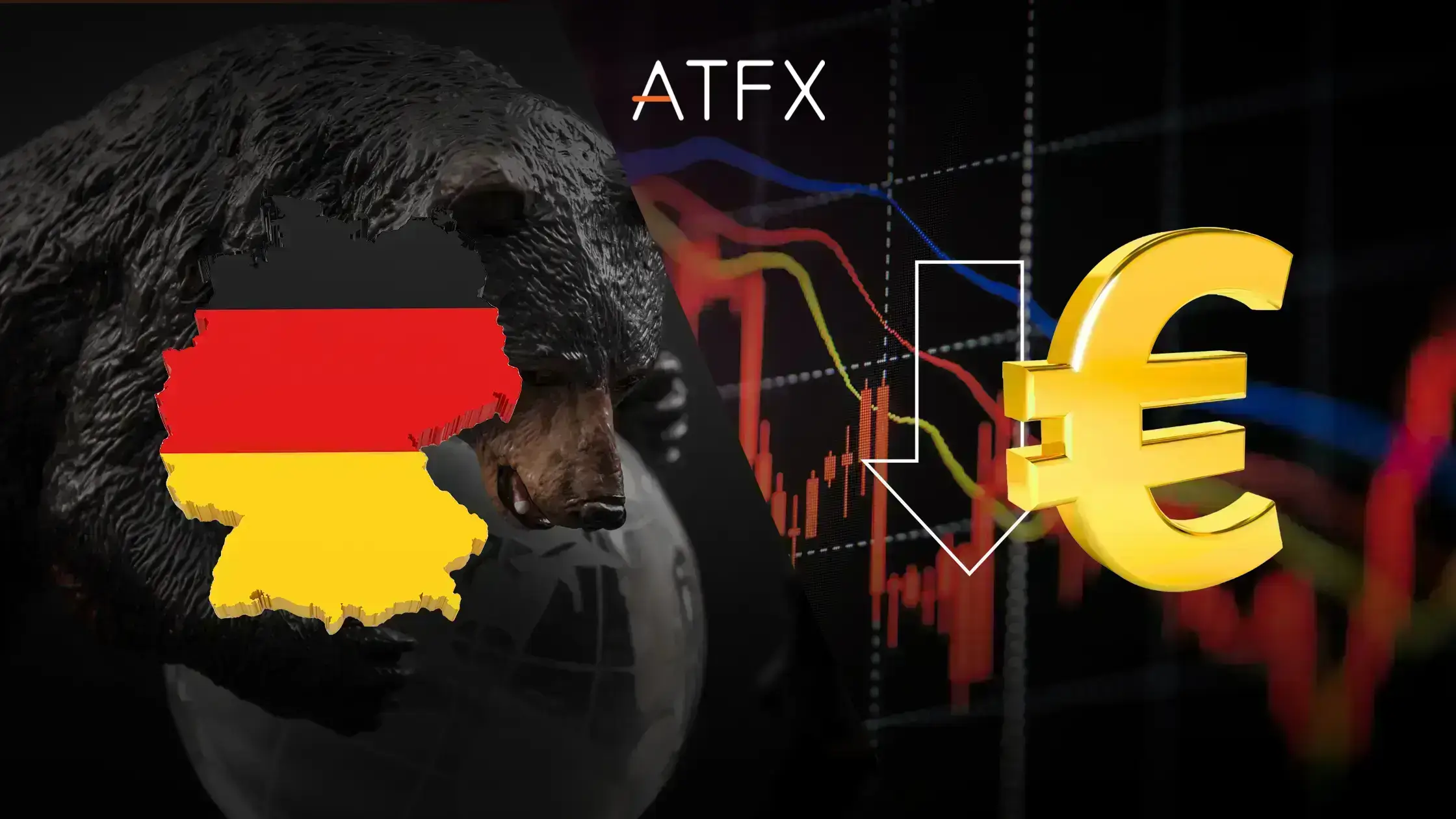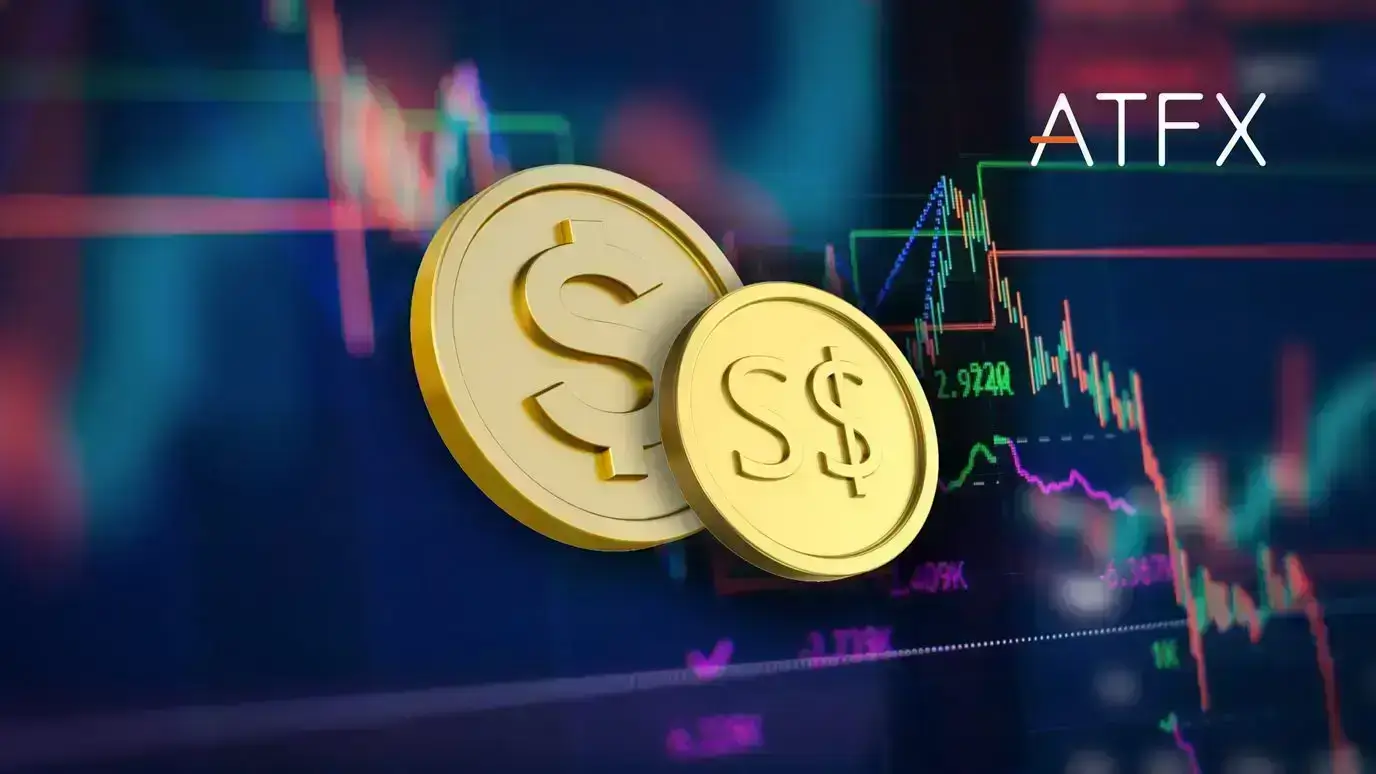The Japanese yen surged to an eight-week peak against the US dollar on Thursday, driven by a Bank of Japan (BOJ) policymaker’s endorsement of further interest rate increases to address inflationary pressures. This rally contrasted sharply with the British pound’s downturn after the Bank of England (BoE) lowered interest rates as anticipated, though its warnings of elevated inflation and sluggish growth—paired with two officials pushing for a steeper cut—dragged the currency 0.8% lower to $1.24065. The pound had previously touched a one-month high of $1.2437 on Wednesday.
Following the BoE’s move, financial markets now price in roughly 67 basis points of additional monetary easing by year-end. Analysts suggest the pound’s decline may be tempered by the UK’s services-dominated economy, which faces fewer risks from global trade tensions. Meanwhile, the dollar index edged up to 107.92, hovering near its lowest level since early last week as optimism grew over easing trade war fears. The index has fallen 2% from its January 13 two-year high of 110.17, partly influenced by the US suspending tariffs on Mexico and Canada while imposing new 10% duties on Chinese goods. Investors await Friday’s US jobs report for clues on future monetary policy.
In Japan, the USDJPY weakened to 151.81 per dollar, its lowest since December 12, after BOJ board member Naoki Tamura advocated for gradual rate hikes to counter inflation. It later pared gains slightly to 151.85. Tamura’s remarks bolstered expectations of a 25-basis-point BOJ rate increase by September. In contrast, markets fully price in a 25-basis-point Fed rate cut in July, with cumulative reductions of 46 basis points projected by December.
Elsewhere, the offshore yuan dipped modestly, while the Canadian dollar hit a December 17 high before stabilizing at C$1.43405 against the greenback. The euro slipped 0.36% to $1.0363, reflecting broader currency market adjustments.


